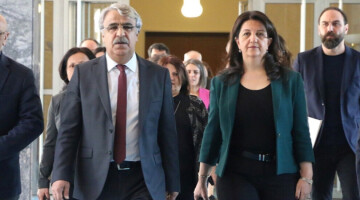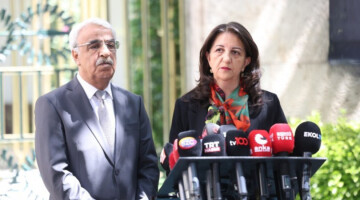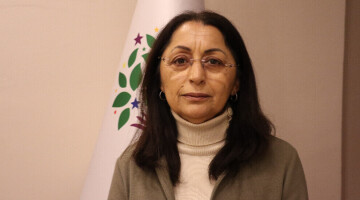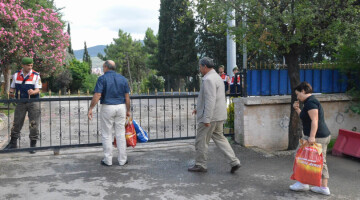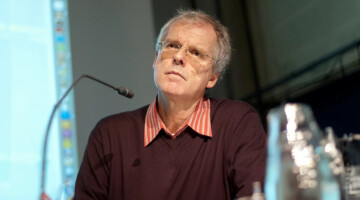A conference will be held in Lausanne on 22 and 23 July to mark the 100th anniversary of the signature of the Treaty of Lausanne which divided Kurdistan into four parts. The conference will be attended by representatives of Kurdish parties and organizations and will discuss the consequences of the treaty. The organizers expect over 600 participants from all four parts of Kurdistan. A parallel demonstration against the treaty will take place on the first day of the conference, Saturday 22 July. The final statement of the conference will be presented on Monday.
The conference will take place at the Beaulieu Congress Center in Lausanne.
The program of the first day includes a ceremonial opening, speeches and a visual introduction to the topic. The first panel, "The Treaty of Lausanne and the Impact on Kurdistan", will be moderated by Selma Irmak and Xelil Xezeri, and will see historians Dr. Suheyla Qadirî, Prof. Narmen Muhamad Amen Ali from Selahaddin University, Dr. Abdulilah al-Mustafa from the Coordination of Universities in the Autonomous Region of North and East Syria and the author Mehmet Bayrak as speakers.
Several sessions will take place on the second day. Kurdê Omer and Seher Aydar will moderate the first session entitled "The Situation and the Struggle of Women". Münevver Azizoğlu from the University of Bremen and Nermîn Osman, representing women's institutions in Sulaymaniyah, have been invited as speakers.
In the second session, authors Aydın Aslan and Nayri Muradian will talk about the impact on the Armenians, Assyrians and Chaldeans.
The third panel, moderated by Behre Mohamed Mehmod and Rojan Hazim, is dedicated to the fight against the consequences of the Lausanne Treaty. Prof. Dr. Naif Bezwan from the University of Vienna, Dr. Azad Haji Aghayi from the Polish Jagiellonian University and Arêz Abdullah and Dr. Heval Ebubekir.
In the final session, the cancellation of the treaty and a political consensus will be discussed.
The results of the conference will be presented on Monday at 10am in front of the Château d'Ouchy.









